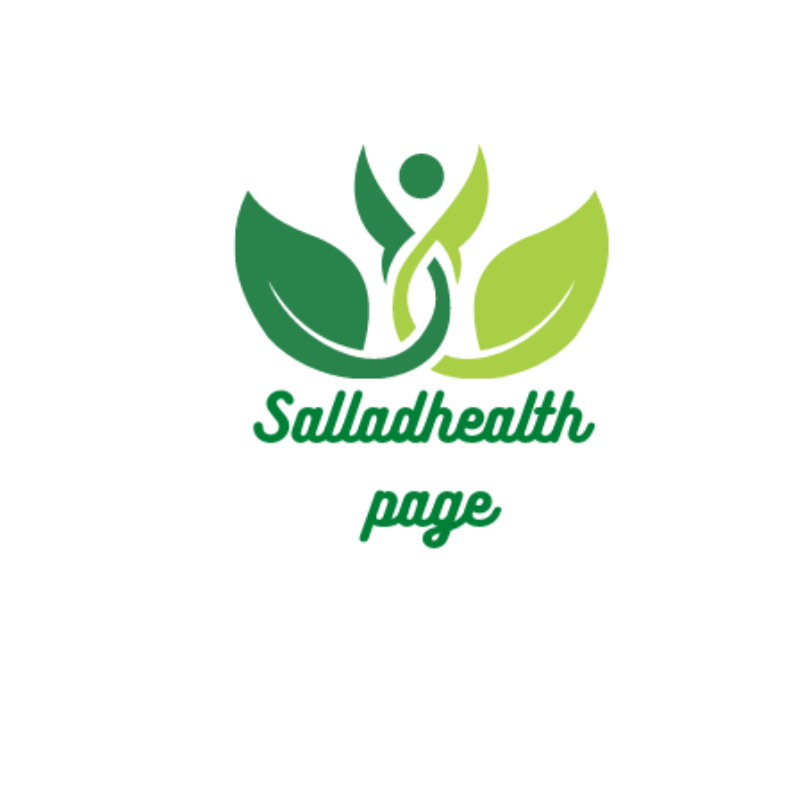"Breaking Free from Double Danger: Empowering Young Women to Take Control of Their Heart Health Post-Heart Attack"
This article empowers young women to take control of their heart health after a heart attack by providing information on risk factors, symptoms, and lifestyle changes. Learn how to manage your heart health and live a healthy, fulfilling life.

Heart attacks are a serious medical emergency that can have long-lasting consequences, especially for young women. Recent studies have shown that young women who suffer from heart attacks have a higher risk of rehospitalization compared to men and older women.
There are several reasons why young women are at higher risk. First, young women are more likely to have non-traditional risk factors for heart disease, such as autoimmune disorders, polycystic ovary syndrome, and pregnancy-related complications. These risk factors may not be recognized or treated appropriately, leading to a higher risk of complications.
Second, young women are less likely to be referred for cardiac rehabilitation after a heart attack, which is an important part of recovery. This can lead to a slower recovery time and an increased risk of rehospitalization.
Third, young women are often caregivers for children or elderly family members, which can cause stress and limit their ability to focus on their own health.
It is important for young women to be aware of their risk of heart disease and to take steps to reduce their risk, such as maintaining a healthy diet and exercise routine, managing stress, and quitting smoking. They should also be proactive in seeking appropriate medical care and advocating for themselves if they feel their concerns are not being taken seriously.
If you or someone you know is a young woman who has suffered from a heart attack, it is important to follow up with a healthcare provider regularly and to seek medical attention if any symptoms of a heart attack or complications arise.
Additionally, young women who have had a heart attack should also be aware of the signs and symptoms of depression, as depression can be a common complication after a heart attack. Symptoms of depression can include feelings of sadness or hopelessness, changes in appetite or sleep patterns, and loss of interest in activities that were once enjoyed.
It is also important for healthcare providers to recognize the unique risks and challenges faced by young women after a heart attack and to provide appropriate care and follow-up. This may include referral to cardiac rehabilitation programs, counseling for depression, and management of non-traditional risk factors for heart disease.
One important step that young women can take to reduce their risk of heart disease and heart attack is to maintain a healthy lifestyle. This includes eating a balanced diet, exercising regularly, getting enough sleep, and avoiding tobacco and excessive alcohol consumption. It is also important to manage any underlying medical conditions that may contribute to heart disease, such as high blood pressure, diabetes, or autoimmune disorders.
Another important aspect of recovery after a heart attack is participation in a cardiac rehabilitation program. Cardiac rehabilitation programs provide education, exercise, and counseling to help patients recover from a heart attack and reduce their risk of future cardiac events. Unfortunately, young women
Are less likely to be referred to cardiac rehabilitation compared to other groups, highlighting the need for improved awareness and access to these programs.
it is important for healthcare providers to recognize the unique challenges faced by young women after a heart attack and to provide appropriate care and support. This may include counseling for depression,
Conclusion
Young women who have suffered from a heart attack face a higher risk of rehospitalization compared to other groups, and this risk can be attributed to a variety of factors. However, with appropriate care and management, it is possible for young women to recover and reduce their risk of complications. It is important for both young women and healthcare providers to be proactive in addressing these risks and promoting optimal recovery.
What's Your Reaction?








































